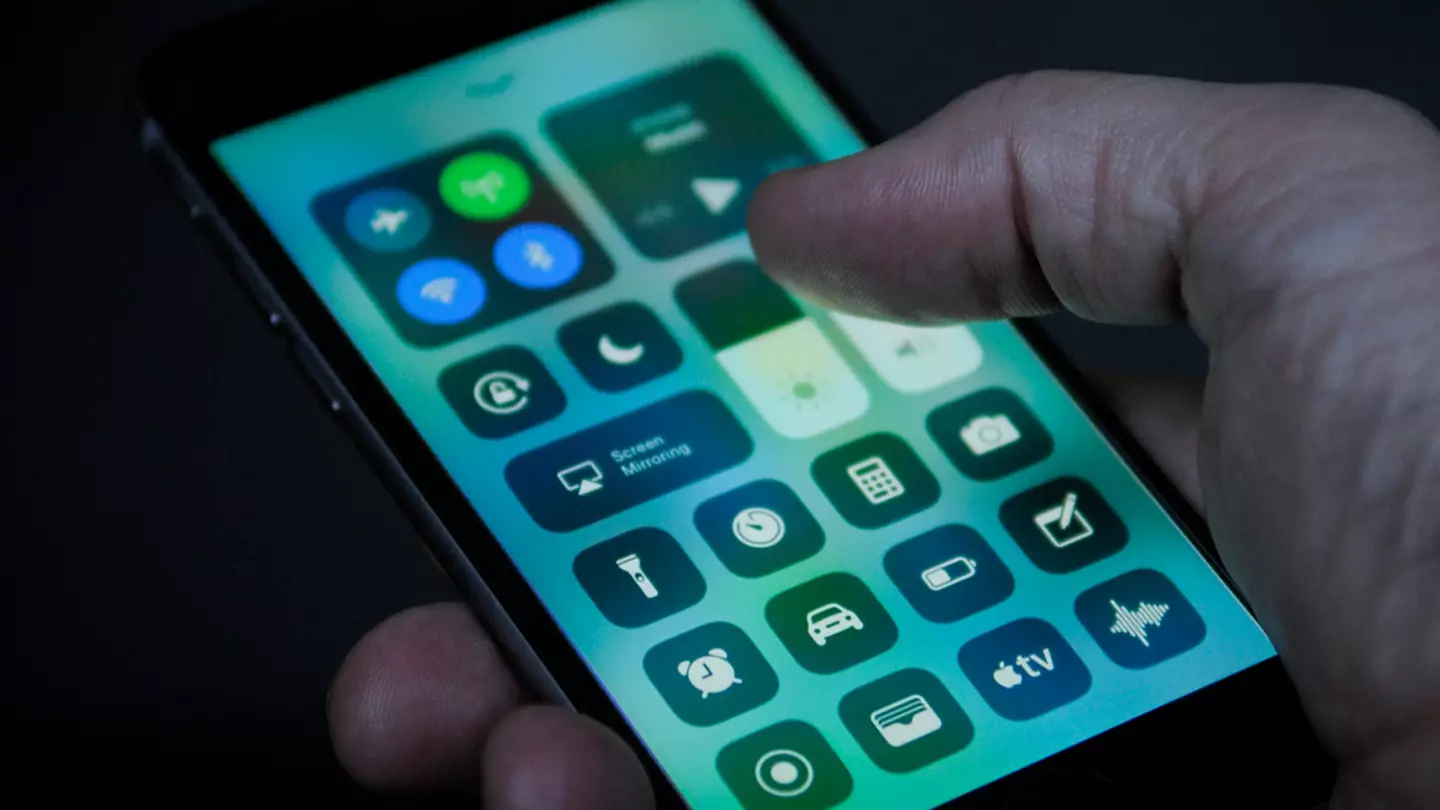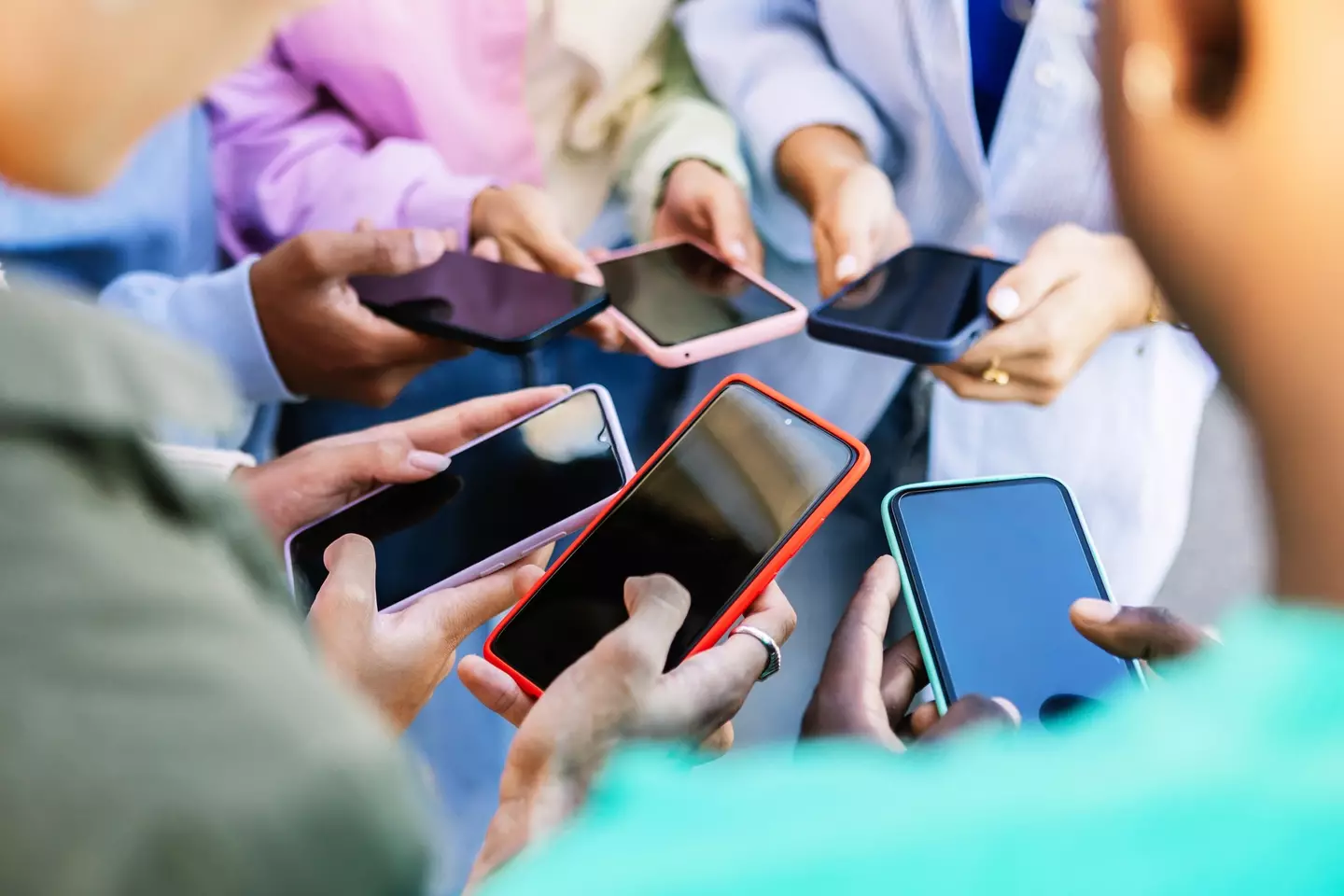
A study has revealed that switching off one feature on your phone could help 'reverse' ageing.
A new Canadian study found that a person can reverse their brain age by up to a decade by simply changing one feature on their smart phones.
In a study of 400 people, scientists asked participants to download an app which restricted them from accessing the internet.
The app still allowed them to use their phones for sending messages and making phone calls, but anything needing the internet was temporarily unavailable, including social media apps.
Advert

For two weeks, participants - mostly aged around 32 - used their smart phones without the internet.
They were split into two groups, with the first using the app for an initial two weeks, while the second group used their phones with the internet for a fortnight, before installing the internet-blocking app for the following two weeks.
Screen time was hugely impacted, with the first group's time on their phones almost halving.

After the internet-free period had ended, participants were then asked to fill in a survey to help researchers understand their wellbeing.
Incredibly, the participants' ability to focus - described as sustained attention - was equivalent to a person aged 10 years younger.
Some 90 percent also saw improvements in mental health, personal wellbeing and general satisfaction.
The team, from the University of British Columbia, said: "Despite the many benefits mobile internet offers, reducing the constant connection to the digital world can have large positive effects.
"Our results provide evidence that blocking mobile internet from smartphones for two weeks can produce significant improvements for [well-being], mental health and the objectively measured ability to sustain attention.
"Even those who did not fully comply with the intervention experienced significant, though more modest, improvements.
"These findings suggest that constant connection to the online world comes at a cost, since psychological functioning improves when this connection is reduced."

Scientists believe the results could be down to how participants spent their time during the two weeks, with less time on their phones and more time spent doing other activities.
In the future, researchers would like to block specific apps, for example social media, as well as assessing whether similar results could be seen on other devices such as laptops and tablets.
"Concern about how smartphones affect users is widespread: half of American smartphone users—and 80% of those under age 30—worry that they use their device too much, and correlational research suggests that smartphone use is negatively related to mental health and cognitive functioning," the team explained.
"However, few large-scale experiments have tested for causal effects. We report such an experiment, finding that blocking mobile internet for 2 weeks reduces smartphone use and improves subjective well-being (SWB) (including life satisfaction and positive affect), mental health (more than antidepressants), and sustained attention (as much as being 10 years younger)."
Topics: Health, Phones, Science, Technology, Mental Health
